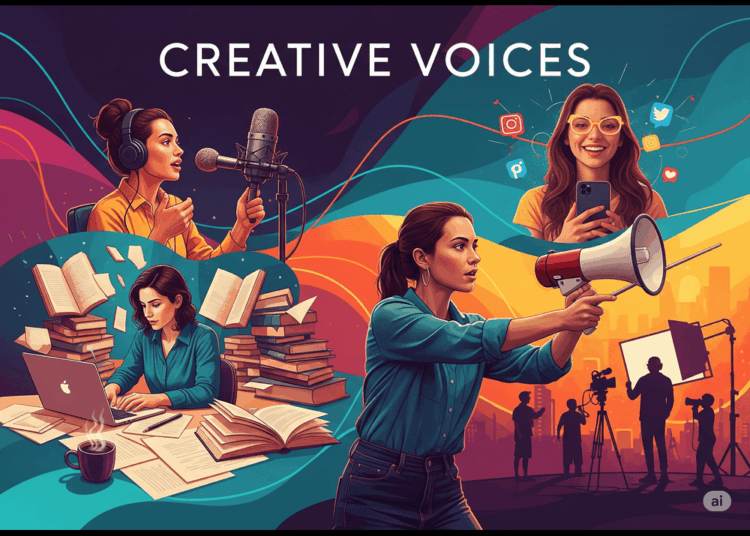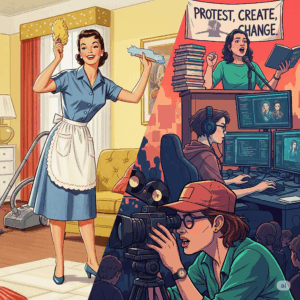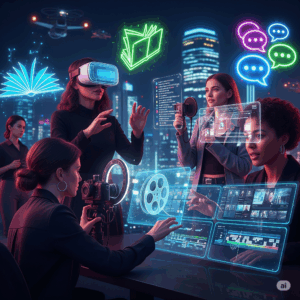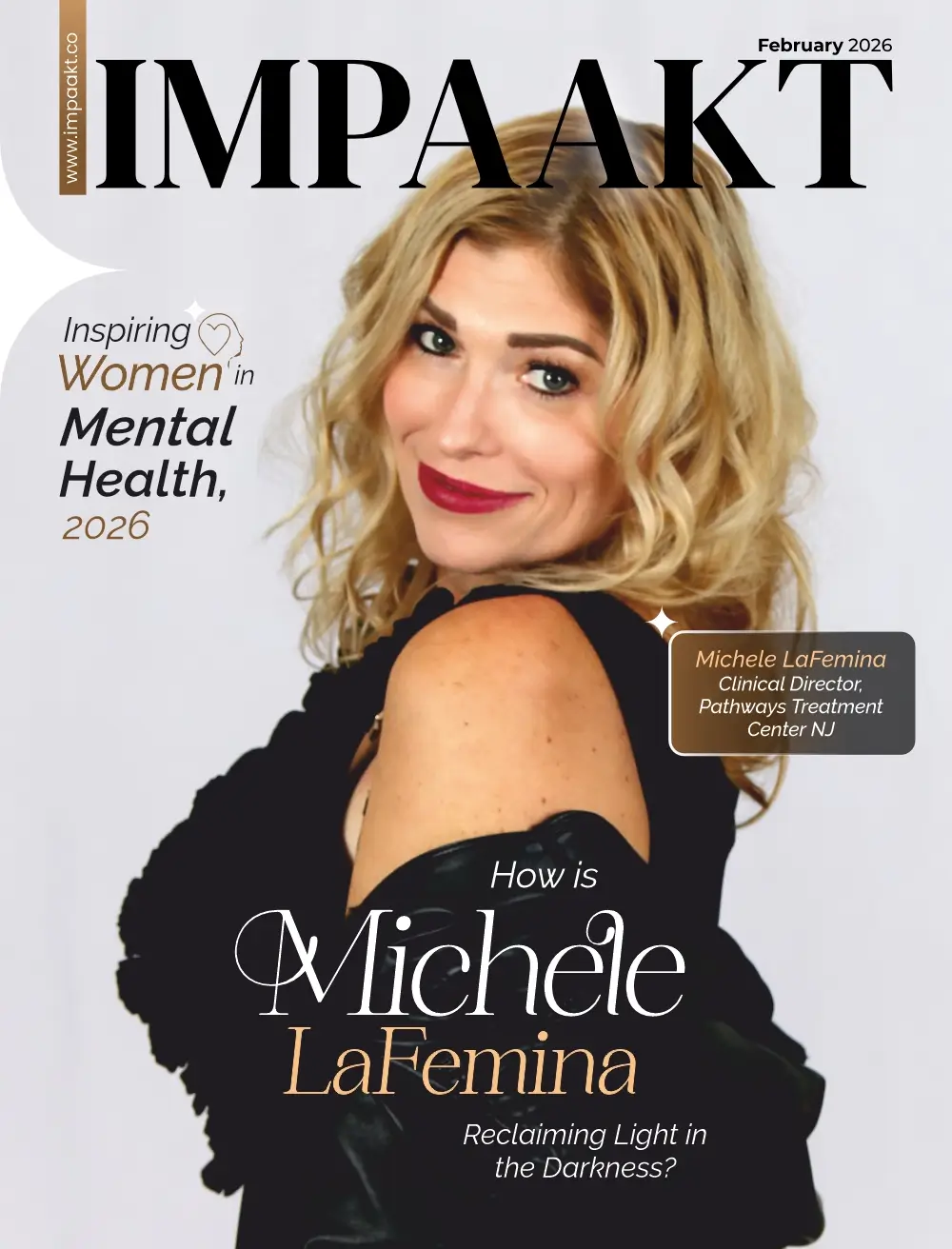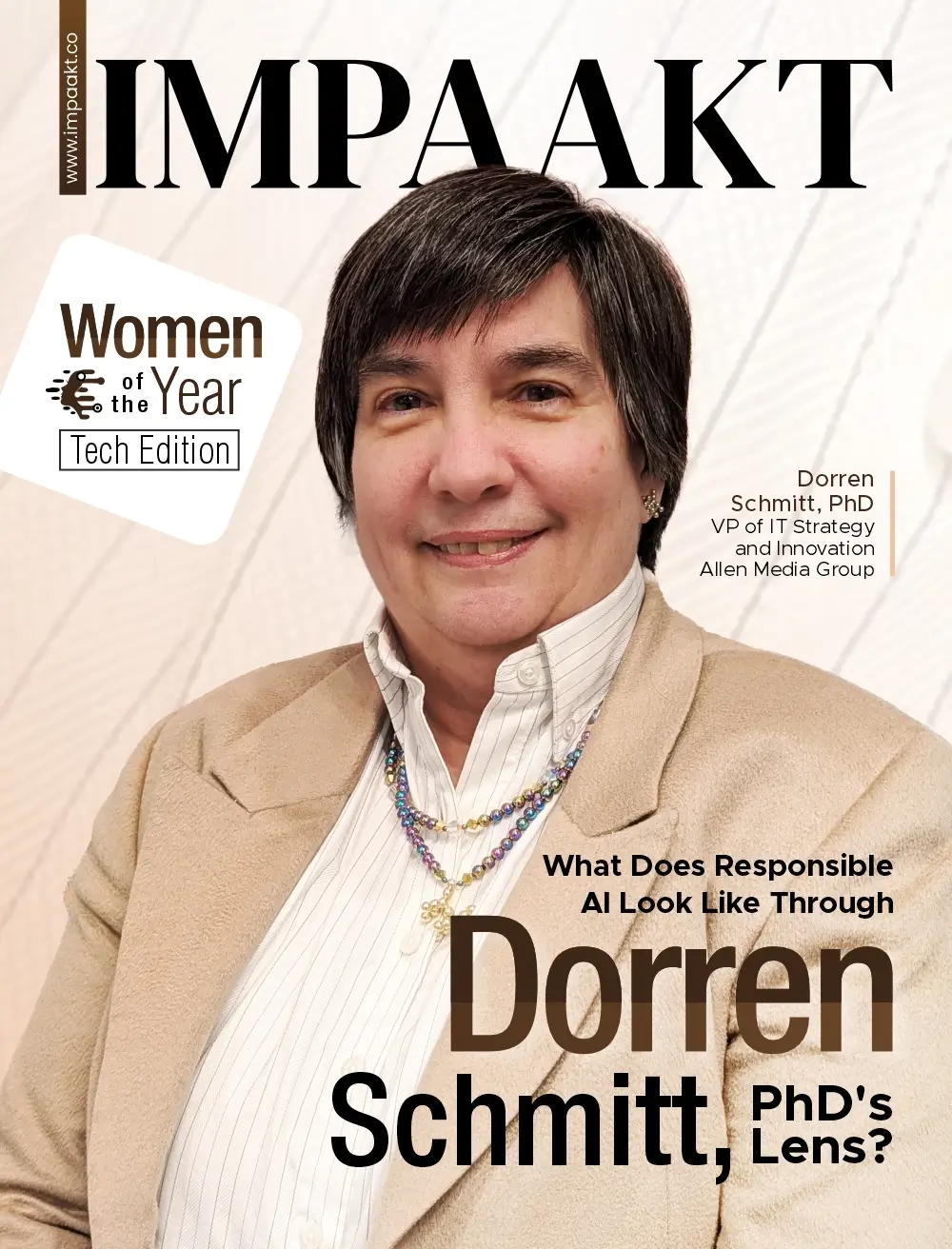Why Female Storytelling Matters
The creative world is experiencing a dynamic shift, guided by the rise of female storytelling. Women creators—from filmmakers and writers to podcasters and digital influencers—are redefining media’s narrative landscape. With their distinctive perspectives, diverse narratives, and genuine voices, they tell stories that were often ignored or oversimplified. Their work is enriching cultural dialogues, deconstructing stereotypes, and inspiring a new generation while serving as a powerful force for social change and artistic innovation.
Amplifying Marginalized Voices Through Female Storytelling
Women storytellers often illuminate experiences that mainstream media has overlooked. By centering narratives rooted in gender, race, culture, sexuality, and ability, they bring visibility to marginalized communities. This inclusive approach nurtures empathy and broadens public understanding of diverse human experiences. From feminist memoirs to investigative podcasts, women creators confront pressing issues—like inequality and injustice—and invite audiences to deeply engage with complexity and nuance.
Breaking Stereotypes and Redefining Gender Norms
Through female storytelling, creators are dismantling outdated tropes. Their stories center empowered, multi-dimensional characters and push back against one-note portrayals. Series like Fleabag and I May Destroy You, crafted by Phoebe Waller-Bridge and Michaela Coel respectively, explore topics once deemed taboo—mental health, personal trauma, and self-discovery—through raw, unfiltered lenses. These narratives redefine representations of femininity to include strength, vulnerability, ambition, and resilience.
Driving Inclusivity and Intersectionality
The modern wave of female storytelling embraces intersectionality—understanding that identity is shaped by overlapping facets such as race, class, sexuality, and ability. Creators spotlight how these elements influence lived realities. Platforms like HoorAE Media (founded by Issa Rae), SheThePeople.TV (India), and The Everygirl exemplify how women are not just telling stories—they’re owning the platforms that carry them. Meanwhile, in African media, women storytellers are reshaping narratives with authenticity, despite significant gender gaps in creative industries.
Innovation in Format and Accessibility
Women are leading experimentation in storytelling formats—from podcasts and web series to VR, vertical streaming, and transmedia narratives. They leverage digital platforms to foster intimate community engagement and reach global audiences. Interactive formats, data-driven storytelling, and immersive media reflect how female storytelling is evolving with technology . In Nigeria, for example, LGBTQ-focused filmmaker Uyaiedu Ikpe-Etim uses film to elevate marginalized voices in challenging environments .
Case Studies of Impact
-
Tanya Saracho (producer/writer of Vida) focuses on authentic representation of queer and Latino characters, fostering new narratives while supporting Latino writers via her production company and training programs TIME.
-
A’Ziah “Zola” Wells King preserved narrative control in the film Zola, based on her own viral Twitter thread—a rare example of a Black creator controlling mainstream adaptation .
-
Drew Afualo of TikTok and The Comment Section uses her platform to confront misogyny with humor and authenticity, expanding her storytelling across podcasting and publishing while advocating for mental health.
Ownership and Empowerment: A New Media Paradigm
The future of female storytelling is about ownership—not just representation. Inclusive media models built by women offer control over narratives and challenge existing power structures. This democratization of media transforms culture, policy, and capital . As historian Rebecca Solnit emphasizes, who tells the story matters almost as much as the story itself—narrative control remains central to feminist change.
Discover deeper insights on media innovation and equality—read more at top business magazine IMPAAKT.
